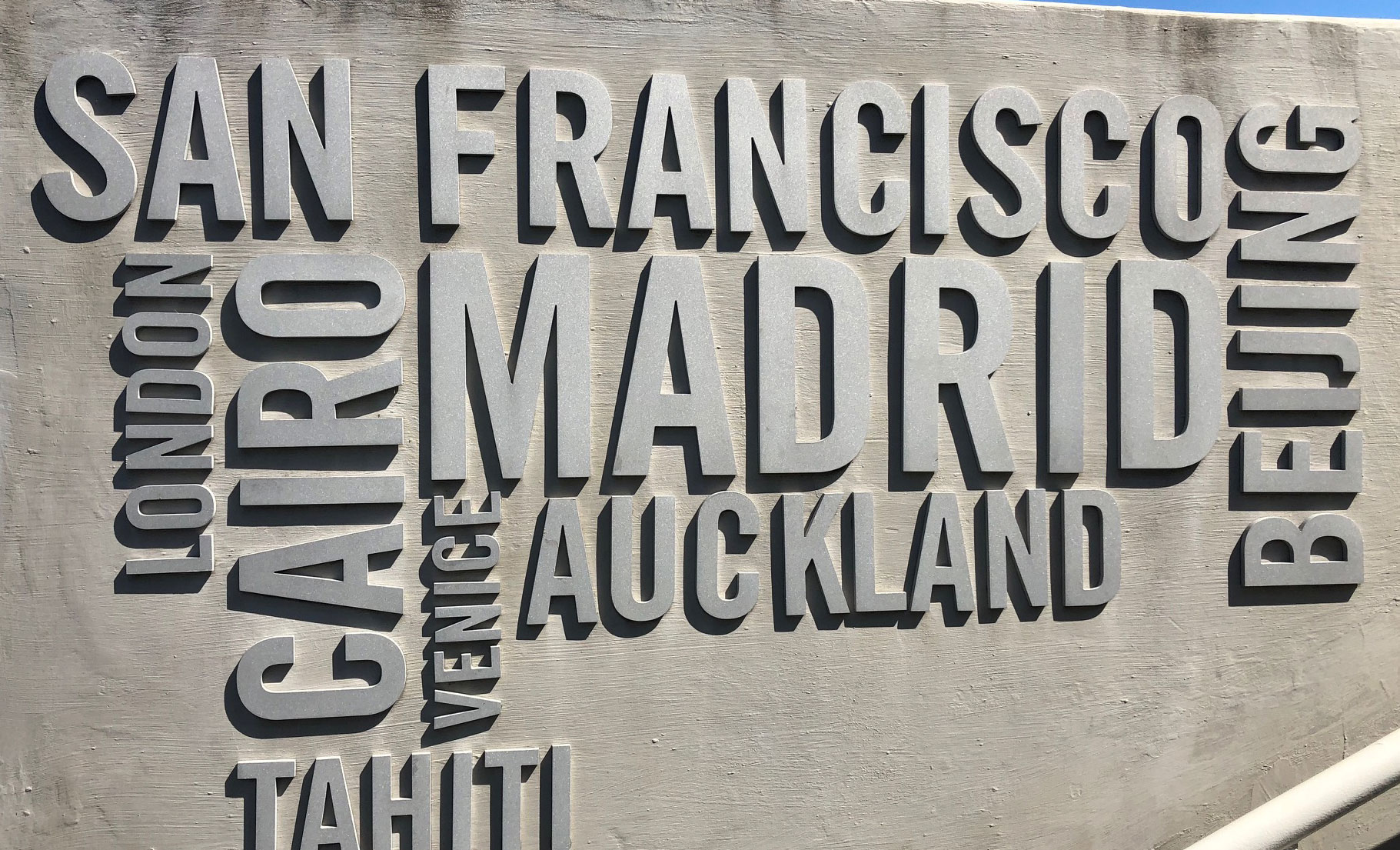In a world in which we have access to more news than we can possibly digest, the WTC Tacoma Trade News seeks to provide a compilation of events and information and perspectives on issues that matter the most to those in the Pacific Northwest interested in trade.
The broader mission of the World Trade Center is to develop prosperity by facilitating trade. For this reason, we have chosen tariffs as the theme of this first issue. There is no single issue at present that has a greater impact on our ability to carry out our mission.
Trade creates jobs—40% of Washington State jobs and about 20% of jobs in the US depend on trade.
Trade is, however, complex. Protect one manufacturing sector with a tariff, such as Section 232 on steel and aluminum, and multiple other sectors suffer due to increased raw material and input costs and the closing of markets with retaliatory tariffs.
Recently, I met with a few WTC Tacoma members who are already feeling the pain. A freight forwarder told me of clients being forced to consider moving production overseas due to a 25% increase in the cost of their inputs. Another local manufacturer calculated an immediate $500,000 loss (the equivalent of about 7 jobs) to his bottom line, and a third with strong export sales can’t get financing to expand production due to his bank’s concern about the “trade war.”
Businesses with experience in the China market and in competing with Chinese firms, well represented by the US Chamber of Commerce, I agree that while changes in PRC industrial policies are needed for more equitable market access, the administration’s strategy of imposing of tariffs is “the wrong approach.”
I believe that those who are aware of the China’s history with the West, and especially those parts on which China is highly sensitive will agree that responding to the “Made in China 2025” plan by unilaterally imposing tariffs and waiting for that country to capitulate is futile.
The articles selected for this letter suggest alternative, more constructive responses with a better chance of success. More importantly, these represent approaches that will be less damaging to our local and national manufacturing and agricultural sectors.
Examples include focusing our negotiations on access to China’s rapidly growing services sector, spurring our own strategic investments in science and technology, and placing further emphasis on negotiating alternate bilateral or multilateral free-trade deals.
The economy, trade, and tariff issues are complex. It is critical that they we deal with them wisely and with care so as not to bring about unintended consequences. It is my hope that we can contribute to that conversation.
– Michael Fowler, World Trade Center Tacoma








